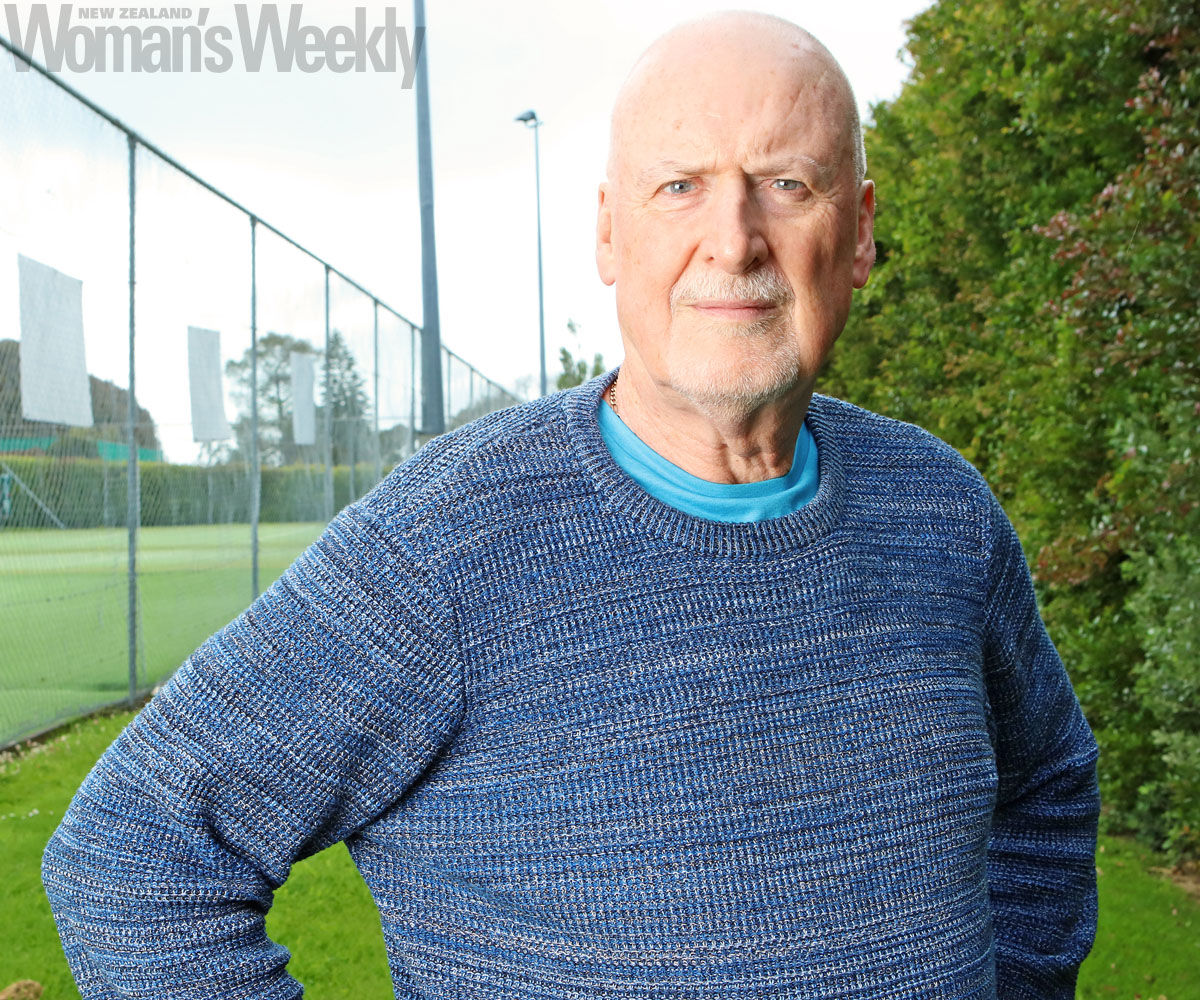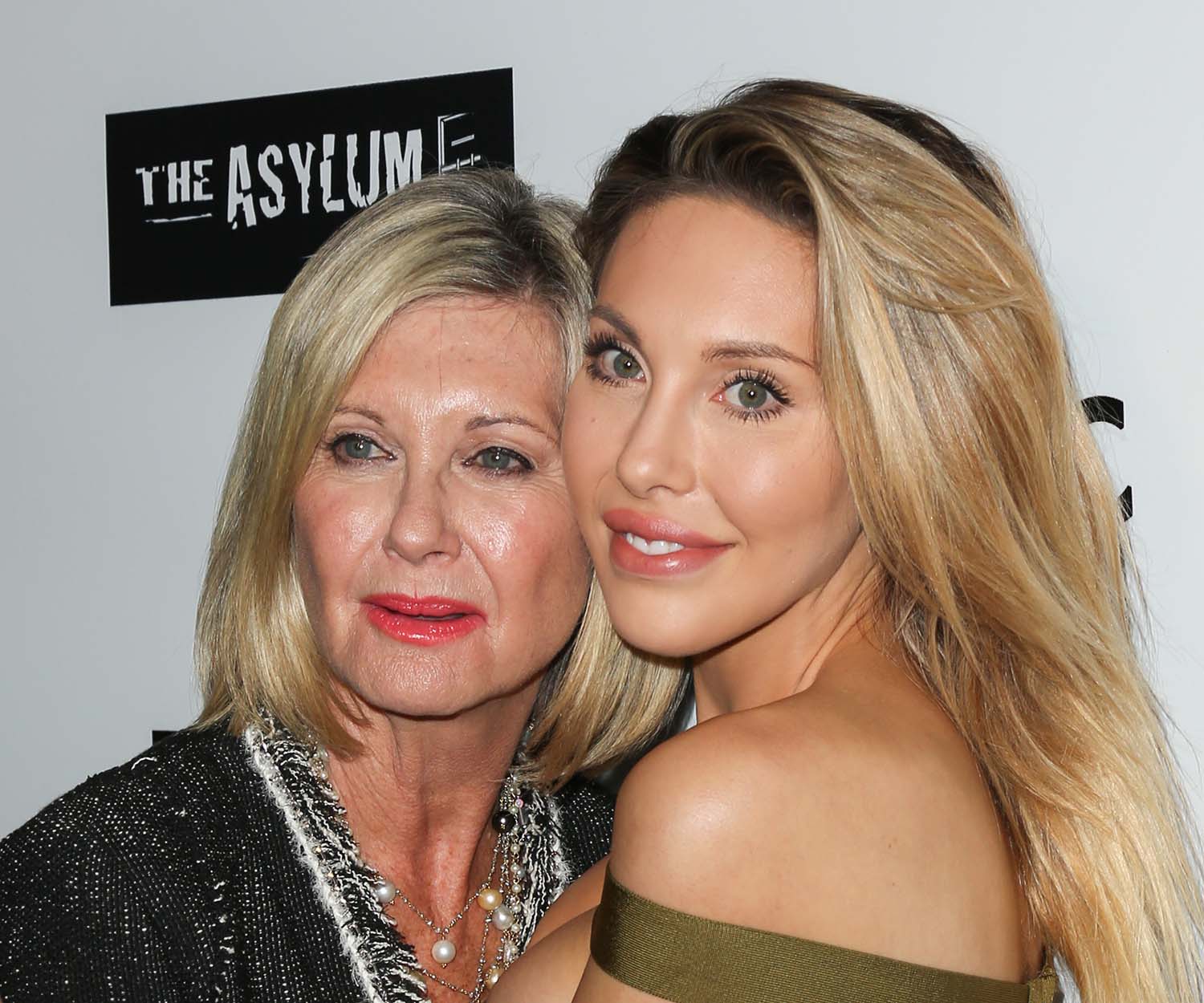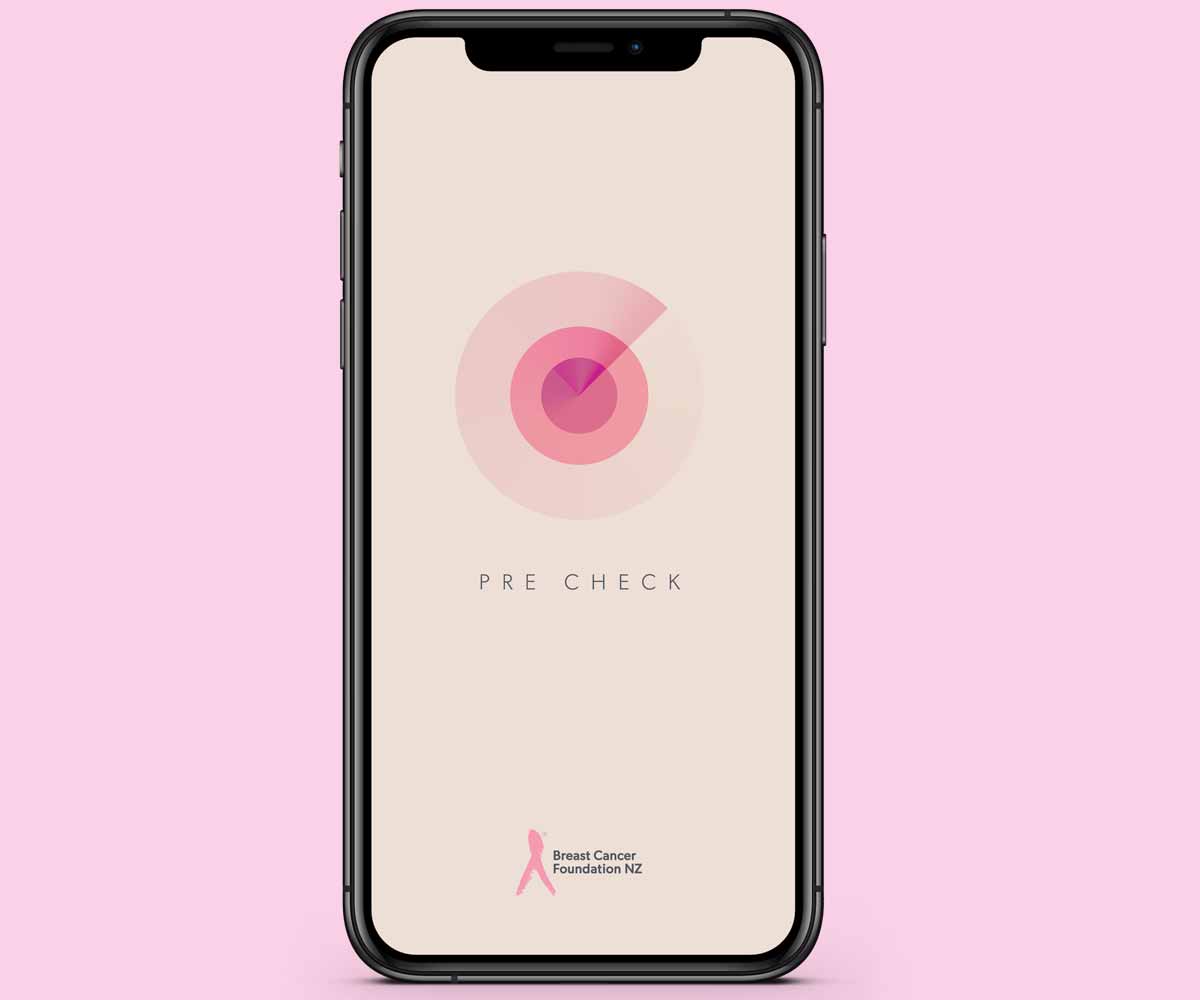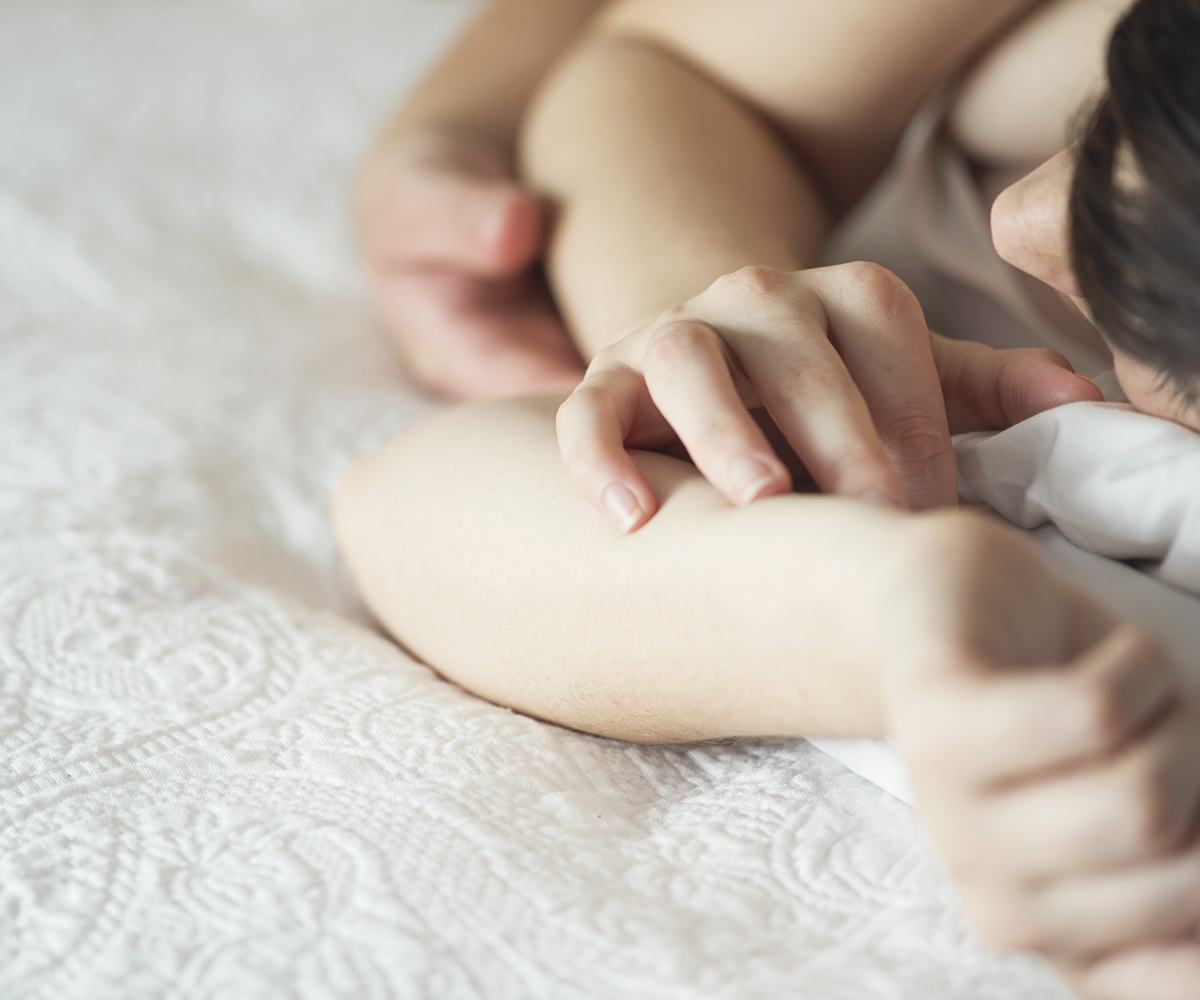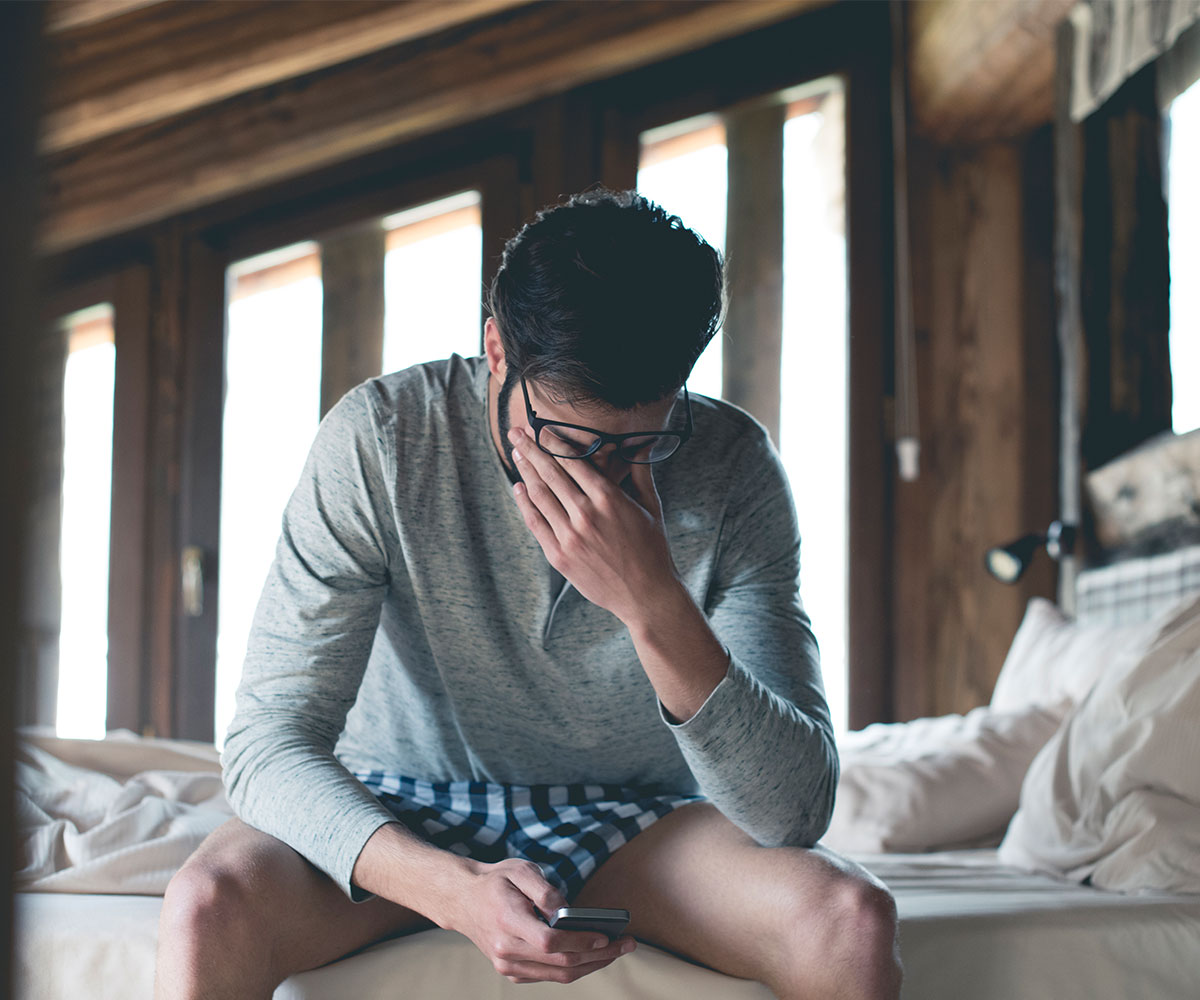He’s often the only man sitting in a breast screening clinic, but for cancer survivor Greg Sargeaunt any awkward feelings as he waits for his annual mammogram are a small price to pay to stay alive.
The go-getting Aucklander is one of around 25 Kiwi men diagnosed with breast cancer each year, a deadly disease usually linked to women.
With a scar stretching across the right side of his chest from a mastectomy to remove a tumour three years ago, Greg (66) is one of the first men in the country to have regular mammograms to check for any signs of cancer in his remaining breast.
It’s a service that hasn’t been standard practice to offer men who have fought breast cancer. But now, it’s now being offered at Auckland Hospital.
“I had one a few months ago, and I’ll go back in a year and they’ll check me annually for another four years,” explains Greg.
“Then I go to a two-yearly check and then, hopefully, it will be in remission by then.
“So, now, I’m getting a regular check-up that will look at the left side and make sure nothing’s going wrong there.”
After an operation to remove the four-centimetre tumour, as well as 13 lymph nodes from his right shoulder, 16 doses of chemotherapy and three painful sessions of radiotherapy, Greg was initially miffed to discover there would be no physical check-up for men.
“For 18 months I was told that the breast team don’t do mammograms [for men] and don’t do a physical follow up,” he tells.
“But I went back nine months ago and was sitting with the oncologist and he said, ‘Oh no, we can do that. We now do breast screening for men.’ So I got a referral to the breast screening clinic at Auckland Hospital and had my left side mammogrammed to make sure everything was all right.”
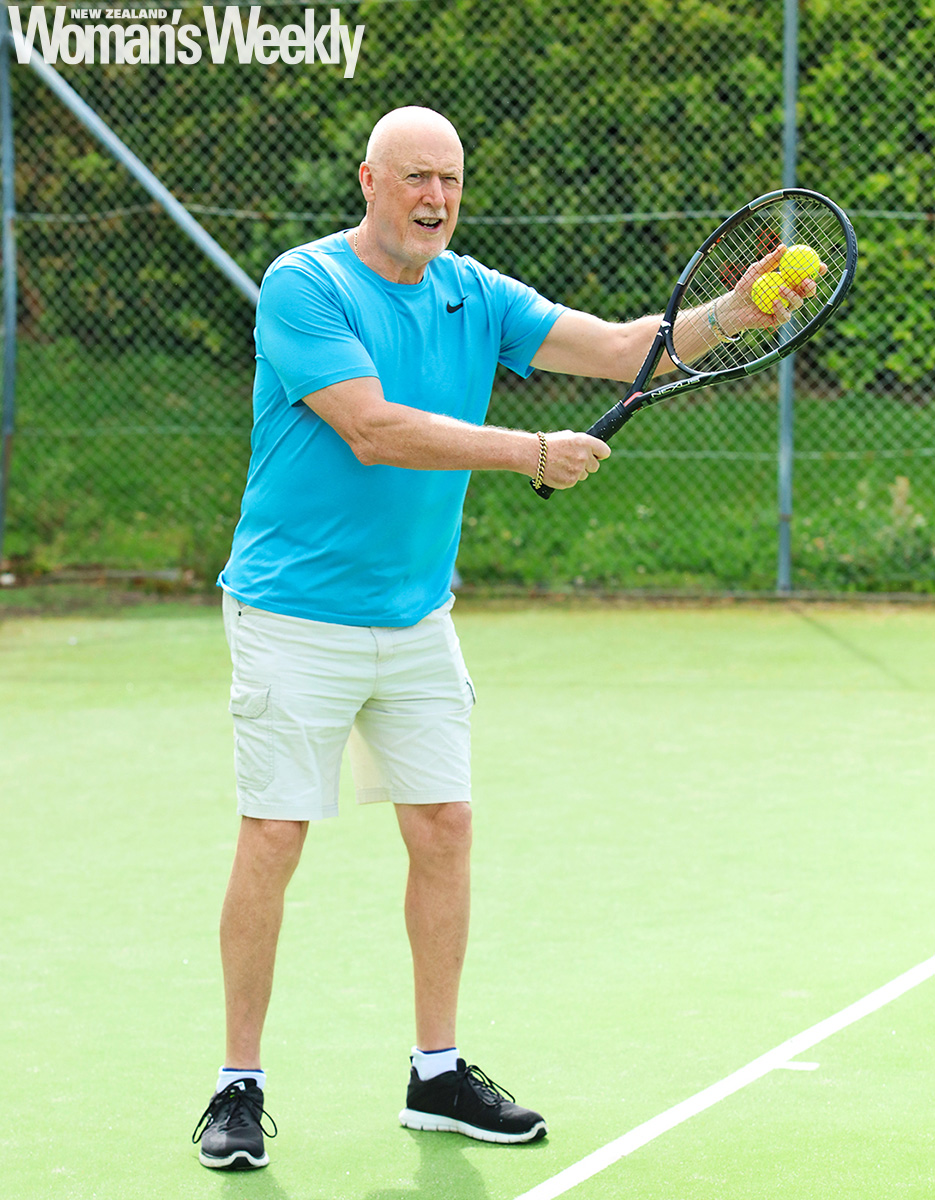
Greh had a mastectomy three years ago to save his life from breast cancer.
He describes the procedure as tricky, but not uncomfortable, and says it’s best done with a large dose of humour.
“When I had my first one, the nurse and I were actually killing ourselves laughing because I was trying to get my arm over it. You have to take it that way,” he chuckles.
“I was just trying to get enough into the machine to make it worth their while!”
Greg, who was just starting his retirement when he was diagnosed with the disease, tells the Weekly he’s also had to come to terms with the stigma attached to having a “women’s disease”.
“There’s a lot of people out there that don’t believe men can get it and they look at you askance.
“When I initially got it, a lot of my male friends remarked, ‘Men don’t get breast cancer!’
I remember waiting for an appointment and somebody asked, ‘What are you here for?’ I replied, ‘I’ve got breast cancer’ and this guy went, ‘So where did you get that then?'”
He continues, “As a male with breast cancer, you torture yourself over why you have a woman’s disease. I’ve talked to other men who have been through this and some don’t get beyond that feeling.”
The former Human Relations payroll professional says he sought expert help to deal with the emotional impact and the toll it was taking on his mental health.
“I had some counselling because I hadn’t come to terms with it,” he nods.
“You get shoved into the process of surgery, chemotherapy and radiotherapy, and then you come out of that but you really haven’t come to terms with the fact that it’s happened to you.
“On a lot of occasions when I go to clinics, I might be the only man amongst all these women and it feels a bit weird. I’ve got through all that now because of the counselling at Auckland Hospital, but that is how you feel. Because it’s so rare it’s quite hard to deal with those feelings and emotions.”

Greg fundraising for Pink Ribbon Day.
But, Greg adds, having wife Wendy at his side throughout the gruelling treatments, as well as having a positive attitude to the greatest health challenge of his life, kept him from sinking to the depths of despair.
“You’ve got to have a bit of a network of people around you to help and support you. But I think it’s also in your head. I’ve attacked it in a positive way.”
At the request of his grand-daughters, Greg also underwent rigorous screening and testing to see if his breast cancer was caused from the inherited BRCA gene. The tests returned a negative result.
“It was a rogue gene. It just happened,” he says.
These days, Greg is determined to live life to the fullest, enjoying sport and volunteering for the Scout movement.
“I’m actually physically fitter now than before the cancer,” he exclaims.
“I embarked on a very strenuous exercise regime and I’ve developed a lot of muscle on that right side with a trainer who’s helped me get most of my movement back into my right shoulder. It’s been a lot of hard work for the past couple of years but it’s been very much worth it.”
As a male breast cancer survivor, he’s keen to eliminate the sexism when it comes to treatment and alter misinformed perceptions about the disease.
“My message to men is be aware,” he says.
“Just because you are a male doesn’t mean you can’t get this disease. And don’t accept the first diagnosis. Breast cancer for men isn’t high on GPs’ checklists. It’s not always just a bruise!”
